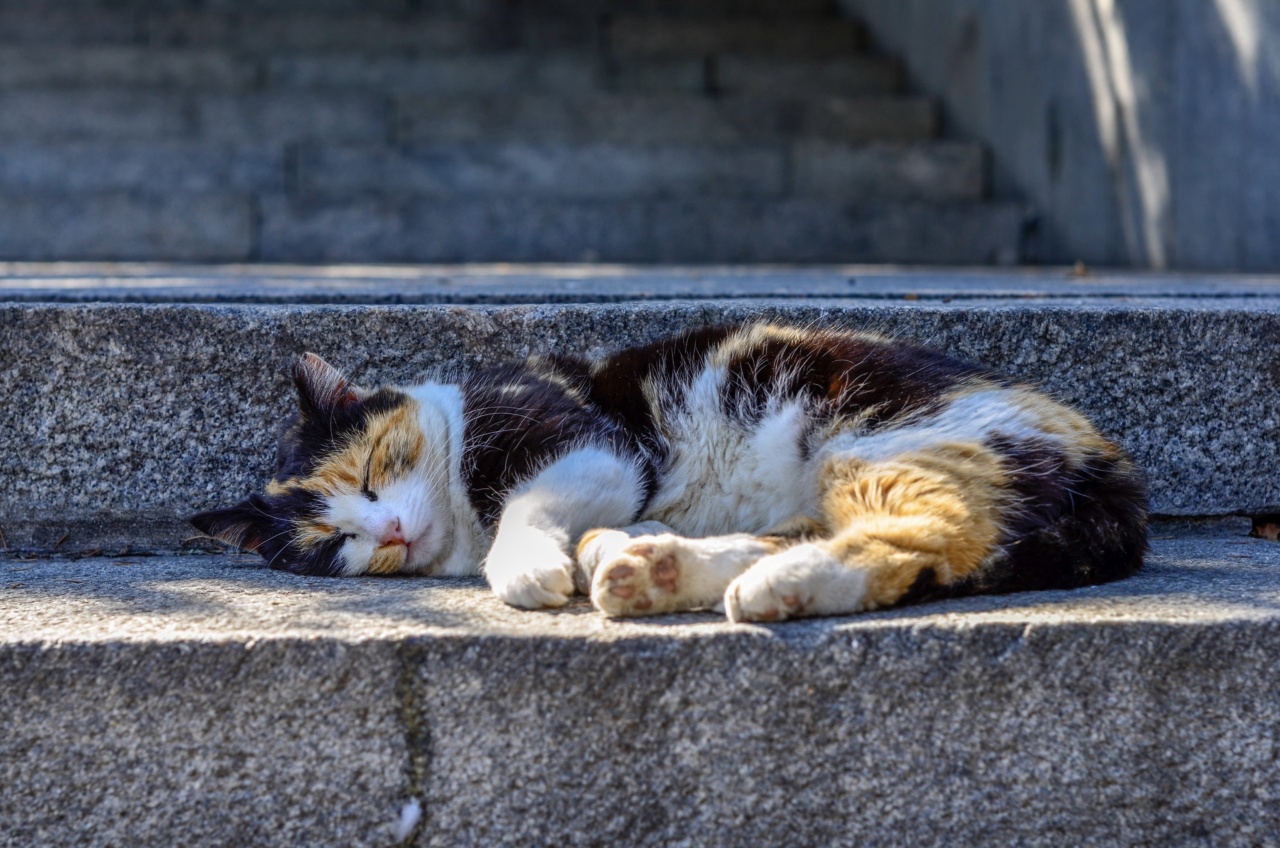Most people think it’s a good idea to take a nap in the middle of the day when they’re feeling tired and sluggish.
However, research shows that sleeping at noon can be a risky habit that can have negative effects on your health and well-being in the long term. Let’s take a closer look.
The benefits of a power nap
First, it’s important to note that not all naps are bad. In fact, taking a power nap for 20-30 minutes can have many benefits, including:.
- Increased alertness and focus
- Better mood and reduced stress
- Improved cognitive function and memory retention
- Improved physical performance
These benefits are especially valuable for people who work long hours or have to stay up late to finish a project or study.
By sleeping for a short period of time in the afternoon, they can recharge their batteries and be more productive for the rest of the day.
The risks of sleeping at noon
However, if you’re sleeping for longer than 30 minutes at noon, you could be doing more harm than good. Here are some of the risks of sleeping at noon:.
Insomnia
People who sleep for too long during the day often have trouble falling asleep at night. This can lead to insomnia, which can make it difficult to function during the day and cause long-term health problems.
Obesity
Studies have shown that people who sleep at noon are more likely to be overweight or obese. This is because sleeping at noon disrupts the body’s natural sleep cycle, which can lead to hormonal imbalances that affect metabolism and appetite.
Diabetes
People who sleep at noon are also at a higher risk of developing diabetes. This is because long naps disrupt blood sugar levels, which can lead to insulin resistance and type 2 diabetes.
Heart disease
People who sleep at noon for long periods of time have an increased risk of developing heart disease. This is because sleeping during the day can disrupt the natural circadian rhythm, which can affect blood pressure and heart rate in the long term.
Depression
Sleeping at noon can also increase the risk of depression. This is because long naps can disrupt the natural sleep cycle and lead to feelings of fatigue and lethargy, which can affect mood and cognitive function.
The importance of a good night’s sleep
If you’re feeling tired during the day, it’s important to remember that the best way to recharge your batteries is to get a good night’s sleep. Here are some tips for getting a good night’s sleep:.
- Stick to a regular sleep schedule
- Create a relaxing bedtime routine
- Avoid caffeine, nicotine, and alcohol before bed
- Make sure your bedroom is cool, dark, and quiet
- Avoid stimulating activities before bed, such as watching TV or using electronic devices
By following these tips, you can ensure that you’re getting the restorative sleep you need to stay healthy and productive, without the negative side effects of sleeping at noon.
Conclusion
While a power nap can be a helpful way to recharge your batteries during the day, sleeping for long periods at noon can have negative effects on your health and well-being.
By making sleep a priority and following good sleep habits, you can ensure that you’re getting the quality rest you need to stay healthy and productive in the long term.


























